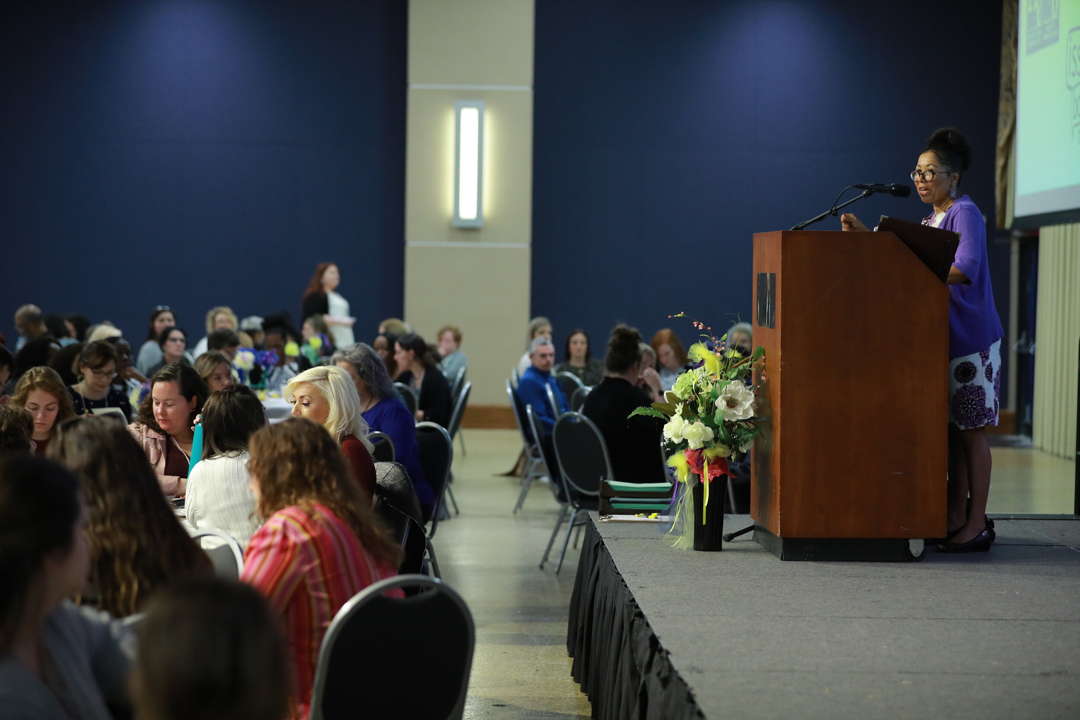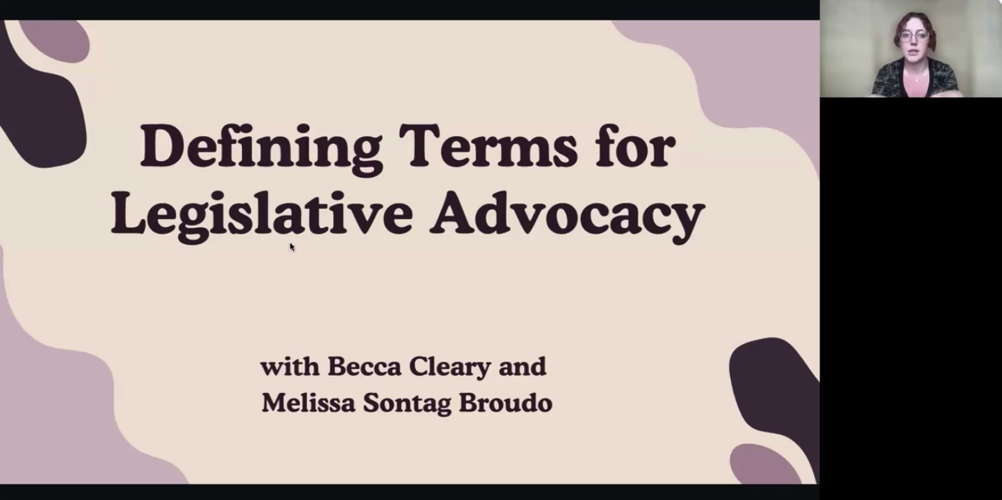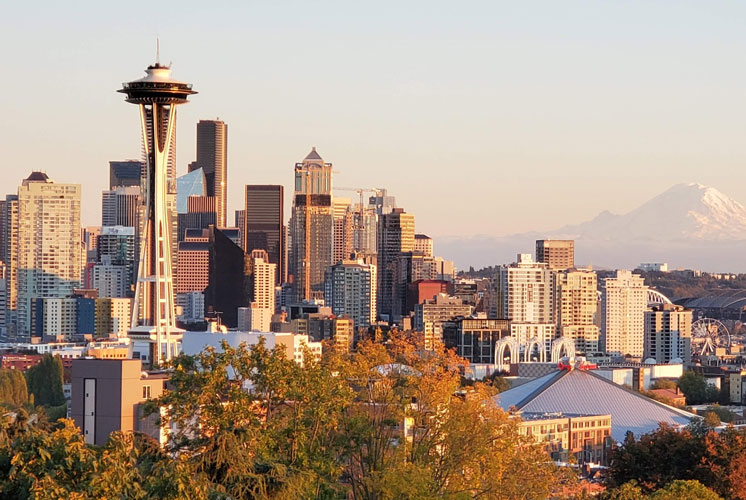September 18, 2024
Last week, Decriminalize Sex Work (DSW) attended the virtual International Human Trafficking & Social Justice (IHTSJ) Conference presented by the University of Toledo. Since 2004, The International Human Trafficking and Social Justice Conference has brought together researchers, practitioners, and individuals with lived experience in an effort to lay the groundwork for future collaborative research, advocacy, and program development. This year’s conference offered more than 100 breakout sessions on a wide range of issues related to human trafficking.
At DSW, we strongly believe that to effectively end human trafficking, we must decriminalize consensual adult sex work. Unfortunately, too often, laws and lawmakers conflate human trafficking with consensual adult sex work. Across the United States, prostitution and anti-trafficking laws make it impossible for victims and witnesses to report exploitation without risking prosecution. These laws place both trafficking survivors and consensual adult sex workers at greater risk of exploitation.
Despite this clear overlap in advocacy, sex workers have historically been excluded from the anti-trafficking movement. This disparity was made evident at the IHTSJ conference, where only one of the many panels made reference to policies that would benefit both sex workers and trafficking victims. Furthermore, many anti-trafficking organizations continue to promote the Entrapment Model (also known as the Nordic Model or End-Demand Model), which criminalizes people who purchase sex while removing criminal penalties for those who sell it. Although sometimes presented as a “feminist” solution, this model further endangers sex workers by driving the industry underground, increasing exploitation and violence.
The Entrapment Model not only endangers sex workers but also strips them of their autonomy by framing all sex work as inherently exploitative. This view erases the distinction between consensual adult sex work and trafficking, denying sex workers agency over their own lives and decisions. Unlike survivors of trafficking, who are often encouraged to stand in their power and reclaim their autonomy, sex workers are never granted the same respect. Instead, they are treated as perpetual victims, with no consideration of their right to self-determination.
Prominent anti-trafficking organizations such as Freedom Network USA and the National Survivor Network have advocated for a public health and human rights approach to address human trafficking that includes advocating for sex worker’s rights. In their co-authored guidebook titled “Re-Centering Sex Worker Safety in Anti-Trafficking Work: Perspectives from the Field” they assert “Dspite best practices for service provision and human trafficking prevention requiring strong relationships with impacted communities, the anti-trafficking field has not prioritized close, collaborative relationships with the sex workers’ rights movement. In fact, the anti-trafficking field has, whether purposefully or unintentionally, caused significant harm to sex worker safety advocates. Instead of viewing sex worker safety advocates as allies in preventing and responding to exploitation, many anti-trafficking initiatives have framed sex worker safety organizers as obstacles to addressing trafficking. Instead of collaborating to find effective solutions, anti-trafficking policymakers have often advocated for solutions that further marginalize sex workers and reduce their options for safety and stability. This leaves people in the sex trades at increased risk for exploitation, including those who have experienced human trafficking.”
To truly address human trafficking, we must center the voices and experiences of sex workers. Anti-trafficking efforts will be most effective when they prioritize the needs of the communities most at risk. It is imperative that the anti-trafficking movement stops marginalizing sex workers and instead engages in meaningful collaboration to create solutions that promote safety and justice for all. We hope that future anti-trafficking conferences will elevate the perspectives of sex workers alongside those of trafficking survivors, fostering a more inclusive and comprehensive approach to addressing exploitation.

DSW Newsletter #56 (September 2024)
DSW Legal Team Leads Class for Advocates on Spokes Hub

DSW Attends International Human Trafficking and Social Justice Conference

Seattle City Council Reinstates Loitering Laws


